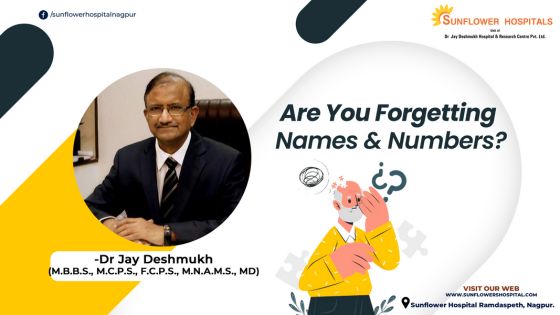Is memory loss common in the elderly?
Some memory loss is common in older adults. Significant memory loss can indicate more serious issues like dementia or mild cognitive impairment.
Why do some older people have sharp memory?
Some older people maintain a sharp memory due to a combination of many different factors. Life style factors, genetic factors, proactive strategies that support brain health, balanced diet, appropriate physical activity, adequate sleep, life long learning and mental stimulation is important. Heathy blood pressure, blood sugar and cholesterol levels are important.
How do you manage memory in the elderly?
Regular exercises, a healthy diet, social engagement can help maintain memory. Solving cross words puzzles, playing a game of chess may be helpful. Regular health check ups are important. Treatment of depression, thyroid deficiencies and vitamin B 12 deficiencies should be optimised.
What are the precautions that you take in middle age so as to prevent memory loss in old age?
Dietary modifications to include plenty of fruits and vegetables, whole grains, proteins, and healthy fats can reduce the risk of dementia. Reducing the intake of processed foods is important. This leads to inflammatory changes in the blood vessels of the brain. Increasing intake of omega-3 fatty acids, and regular exercise may prevent memory loss. Playing musical instruments, learning new skills being curious, and lifelong learning strengthen brain functions. Good sleep, managing stress, maintaining blood pressure and blood glucose at normal levels, maintaining a healthy weight, limiting alcohol and avoiding smoking, being active socially, Vitamins B12, D and antioxidants supplements may help. Regular health checkups may help. We need to make our environment fall-proof, particularly as we grow older.
What are the common causes of irreversible memory loss?
In these conditions, there is irreversible damage to brain cells and their connections to other parts of the brain. Alzheimer’s disease is the common cause in this category. There is permanent damage to brain cells that are responsible for learning and memory. Vascular dementia due to hypertension and diabetes is another cause of permanent memory loss. Frontotemporal dementia affects areas responsible for our behaviour, language, and memory. Lewy body dementia is associated with memory loss and visual hallucinations. Parkinson’s disease and dementia is a common condition. Genetic disorders like Huntingtons’ disease, and repeated head injuries, when the brain is deprived of blood and oxygen supply for a prolonged period of time can result in permanent memory loss. Long-term alcoholism may lead to permanent memory loss due to Vitamin B1 deficiency.
What are age-related memory issues?
Difficulty in retrieving names or numbers or words. It takes longer to adapt to changes or learn new things like computers etc. In dementia, there is severe progressive memory loss. This interferes with daily functioning. This includes Alzheimer’s disease and vascular dementia. Difficulty in judgment and language is common. In severe cases one’s personality may also be affected
Author: Dr Jay Deshmukh
Dr Jay Deshmukh is Chief Physician and Director, Sunflower Hospital, Nagpur Honorary Physician to Honorable Governor of Maharashtra and PondicherryCentral. Dr Jay Deshmukh is an M.B.B.S., M.C.P.S., F.C.P.S., M.N.A.M.S., MD From Internal Medicine – Bombay and New Delhi.


